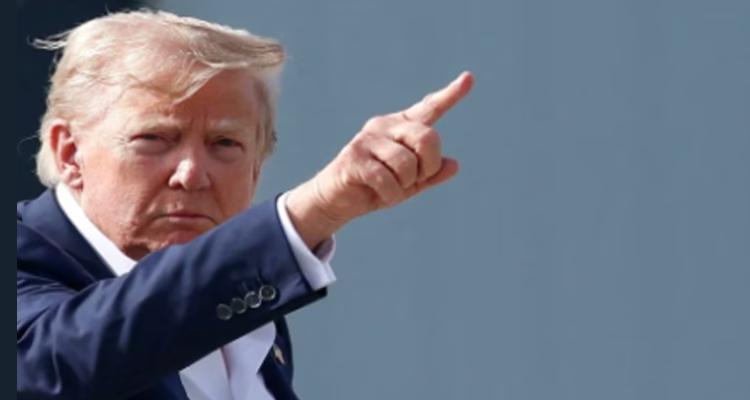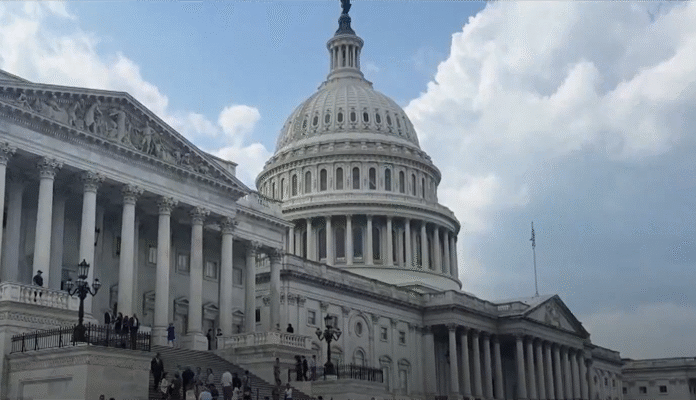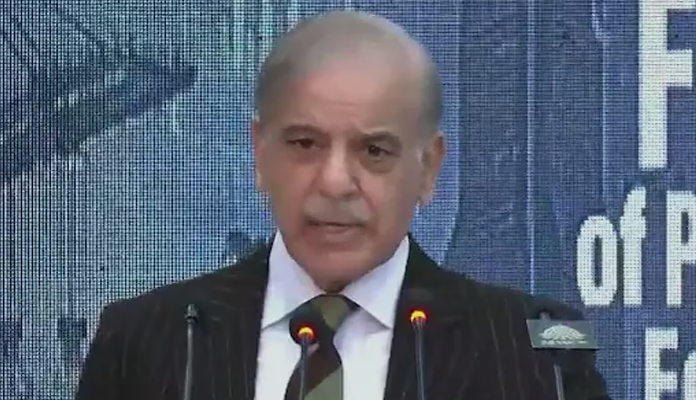
News Desk: Trump has slapped a 50% tariff on Indian imports in an extraordinary escalation of trade tensions — a move global analysts describe as less about policy and more about personal vendetta. According to a blistering assessment from Wall Street giant Jefferies, the tariffs were born out of Trump’s “personal pique” after being denied the chance to mediate between India and Pakistan — a role he had coveted to cement his reputation as a global peacemaker.
Trump had repeatedly claimed that he could end the long-running Kashmir dispute and even hinted that such efforts deserved a Nobel Peace Prize. But New Delhi stood firm, rejecting outside intervention and insisting that issues with Islamabad would be resolved bilaterally only.
Humiliated on the diplomatic front, Trump retaliated on the economic battlefield. By doubling duties from 25% to 50%, his administration struck at the heart of India’s export sectors — from textiles and gems to auto components and leather goods.
Jefferies’ strategist Chris Wood called the tariffs “draconian,” warning that the Indian economy could suffer a staggering $55–60 billion hit. The impact is expected to weigh heavily on small-scale industries and farmers, the backbone of India’s trade base.
India, however, has hit back, calling the measures “unfair, unjustified, and unreasonable.” Officials have made it clear that while the economic pain will be real, the country will not bow to external pressure or compromise on sovereignty.
This explosive trade war has also redrawn diplomatic lines. By weaponizing tariffs over a diplomatic snub, Trump risks pushing India closer to alternative alliances such as BRICS and tilting the balance of global power.
For Trump, what began as a frustrated attempt at mediation may now spiral into a full-blown diplomatic rupture — with billions of dollars and geopolitical trust on the line.




